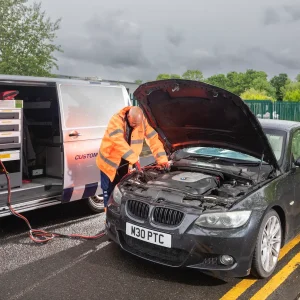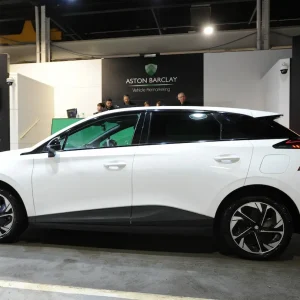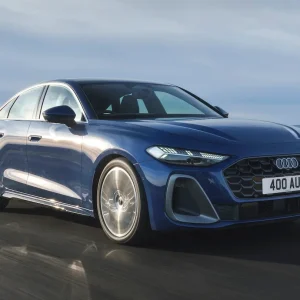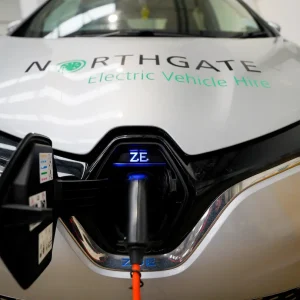A new report from economic forecasters Oxford Economics has found that, from April, the rental sector’s overall first-year Vehicle Excise Duty (VED) bill will rise by 400% – from £11m in 2016 to £55m in 2017, with the inability to claim back over-paid tax responsible for £14m of this.
The report, commissioned by the British Vehicle Rental and Leasing Association (BVRLA), also showed that the average duty paid for rental cars, which have a typical fleet life of nine months, will rise from £36 in 2016 to £170 from April 2017.
Despite this, rental firm Meridian Vehicle Solutions believes economic uncertainties will drive growth in short- and medium-term rental this year.
Launched in November 2015, Meridian works with a number of the UK’s top 50 leasing and fleet management companies and plans to buy 500 cars this year. The firm aims to see this figure rise to between 600-700 vehicles by 2018 and up to 1,000 by 2019. Cars are currently kept on fleet for six months and, despite the VED changes, managing director Phil Jerome doesn’t see this altering. The biggest challenge, he admits, is around vehicles with a list price of more than £40,000, which will now also incur more tax.
“We currently only have a small number of cars in the £40,000-and-above bracket and, in terms of our service offering, we will always want to de-fleet them at six months,” Jerome told BusinessCar. “However, if some private buyers shun these cars on the used market – or expect to pay less – because they are liable for the £310 surcharge under the new RFL [road fund licence] rules, then we may have to consider dropping them altogether. This is not a big part of our fleet, but having to make that change would be a shame.”
In the current climate it’s cost-efficient for rental companies to choose the cleanest cars possible to avoid paying tax in the first year. Despite the average CO2 across the firm’s 500-vehicle fleet being a low 108g/km, every car in the Meridian fleet will now be liable for a first-year road fund license of between £100 and £160 if replaced with an identical car after April 2017, which Jerome admits will be a key challenge.
Although the firm has stated that it will try and absorb some of the cost, Jerome has predicted this will add up to £1 to daily rates on rental cars purchased after April.
“As a business – and as an industry – we will still continue to purchase the most efficient cars that we can. After all, they will still continue to cost less than a higher-emission vehicle,” Jerome told BusinessCar. “However, the incentive to choose cars with CO2 of less than 130g/km has reduced now that virtually every car will now cost at least £100. There are simply very few vehicles on the market that meet the new zero rating.”
Because of the economic uncertainties following last year’s Brexit vote, rental has seen a return to favour with some fleets, as it offers a more flexible solution, especially when it comes to new starters and staff on probation, something for which Jerome expects demand to increase in coming years.
“Many fleets now utilise medium-term rental for new employees on probation and it does make sound financial sense not to commit to a long-term contract until you know the employee has passed their probationary period,” Jerome added. “It’s worth mentioning that we also have some customers who use medium-term rental on a rolling basis for their entire fleet provision because of the flexibility that it provides and the fact that employees are always in new vehicles.”
But the VED changes in April are still likely to slow growth in the sector, and the BVRLA has called on the Government to defer or stagger the VED increases and retain the ability for owners to obtain a full refund of any tax outstanding when a car is sold in the first year.
“Our members are facing a 400% increase in one of their main tax bills, and the inability to claim a refund on any unused portion of the VED is totally inconsistent with usual UK tax policy,” said BVRLA chief executive Gerry Keaney.
The car rental sector purchases around 324,000 cars each year, but this number is now likely to fall as companies lengthen their operating cycle in an attempt to reduce the cost impact of the new VED regime. An analysis of BVRLA member data indicates that the industry will buy 24,800 fewer cars in 2017 than they did in 2016.





